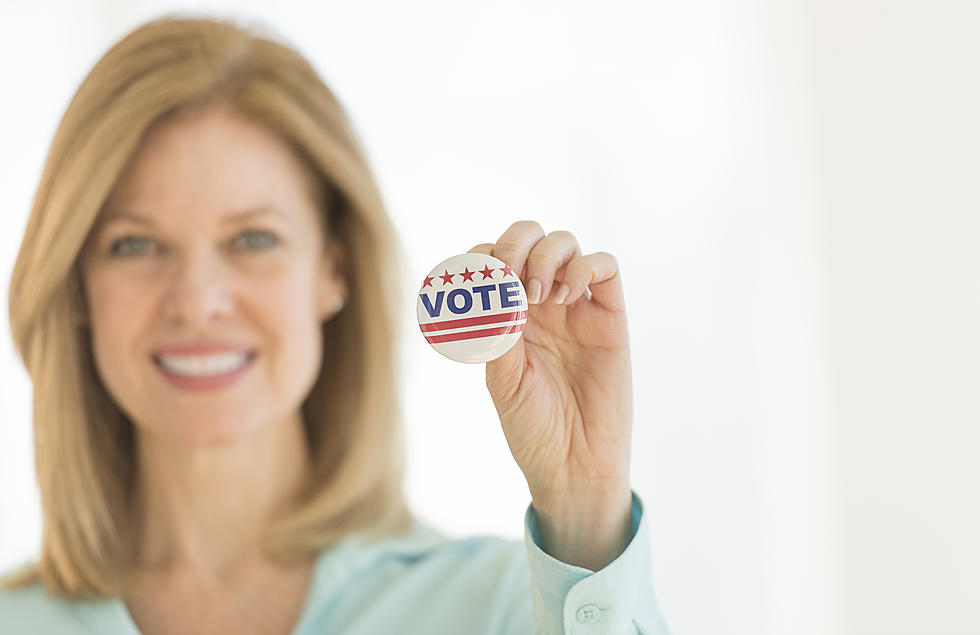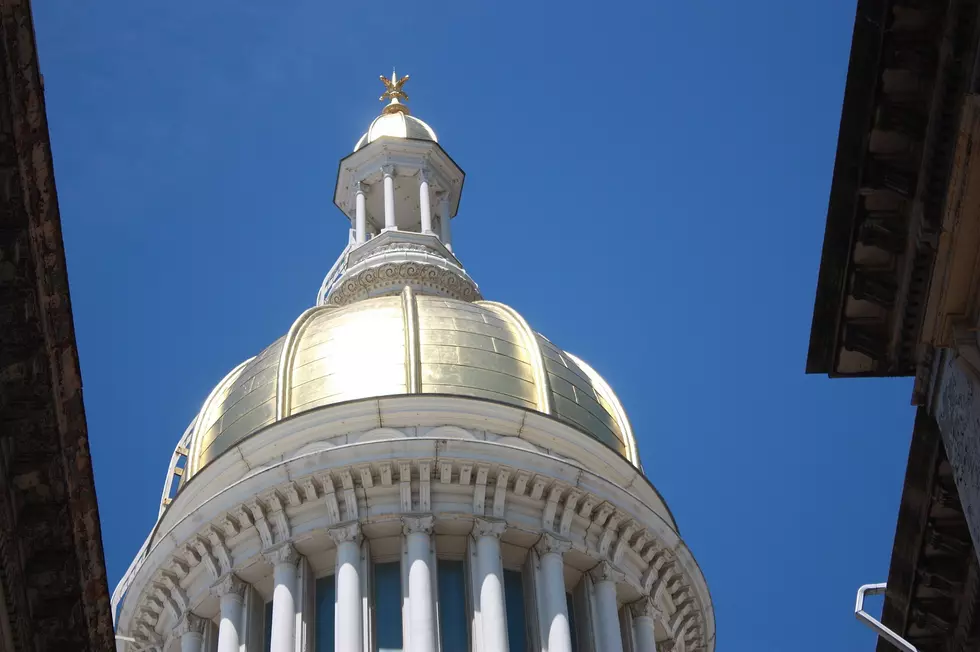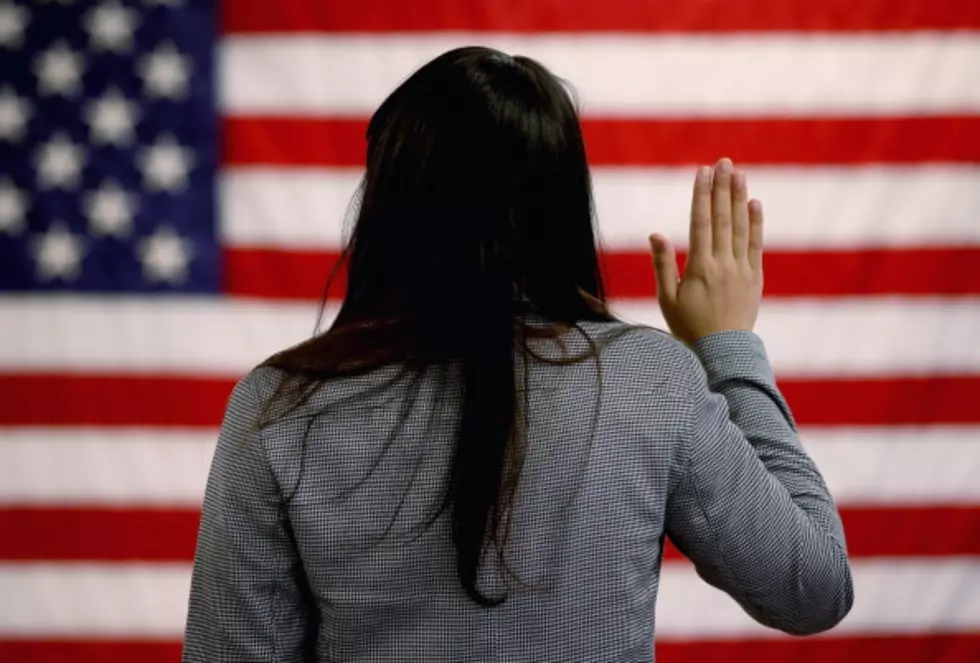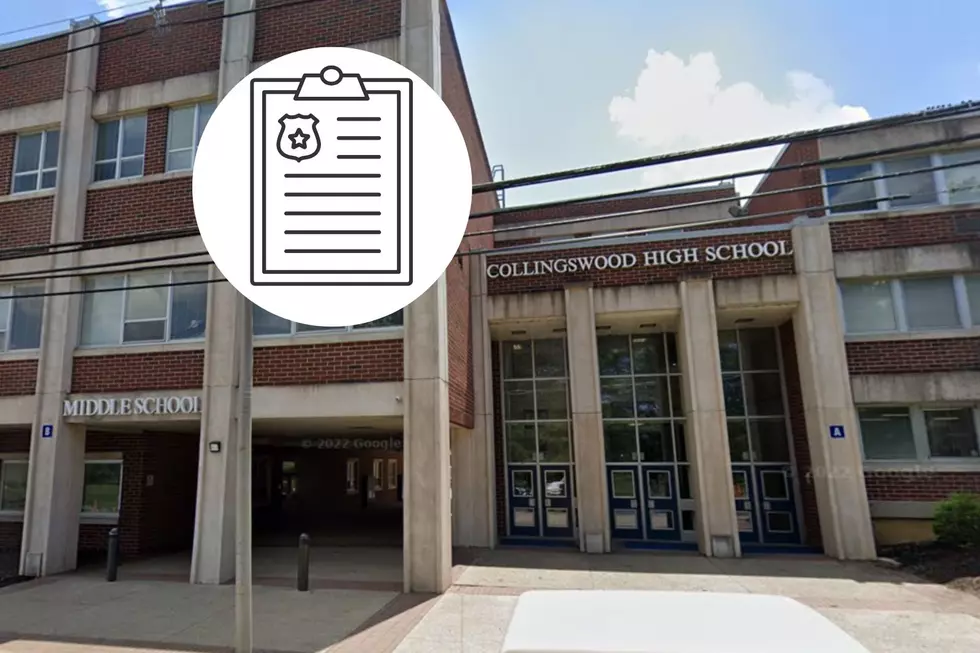
Women are making strides in politics
Female candidates made some gains in this week's elections, but some political analysts say women remain underrepresented in both New Jersey and the nation.
Debbie Walsh, director of the Center for American Women and Politics at Rutgers, said it's great that Bonnie Watson Coleman became the first African-American woman to represent New Jersey in Washington and the first woman in the state's delegation since 2003. She also said the number of women in the U.S. Senate may go from 20 to 21 in January. Clearly, Walsh said, progress has been made.
"In spite of those firsts, we are not seeing the kind of progress, I think, that we would hope for in this election cycle," she said.
According to Walsh, there is always the lament that while we celebrate the victories and we celebrate the advancement of women, it still is striking that in our state, out of 12 House of Representatives members and two U.S. Senators, we only have one woman. And we have only had five women represent New Jersey in Washington, and it was only for a brief period that we had more than one at any given time.
"I think it is important to acknowledge the accomplishment and to acknowledge this moment," Walsh said.
Zooming out from New Jersey, she says there are still quite a few races where we are still waiting to see what happens.
"But we know at the U.S. Senate level, there will be at least as many women after the election as before. We went into the election on Tuesday with 20 women serving in the United States Senate," Walsh said. "There will be 20 women come Jan. 1, and perhaps 21, although there is a very tough race. Sen. Mary Landreau from Louisiana is now in a runoff election."
The partisan breakdown will change for women in the Senate. There was at least one Democrat, Kay Hagan of North Carolina, who lost her seat in Tuesday's election. The two new women who were elected were both Republicans: Joanie Ernst of Iowa and Shelley Moore Capito of West Virginia.
In the House, 79 women are currently serving. We will have at least 81 women when the new Congress is sworn in in January. But there could be a few more women, because there are three races that are too close to call. Walsh says we could have anywhere between 81 and 84 women.
"But again, these are small increases," she said. "While they are records, they are still a small increase."
Walsh said women could have had a greater impact in the House and Senate this time around if there had been more Republican women on the ballot.
When it comes to female governors around the country, Walsh said we started out with five and we will end up with five.
"In spite of those firsts, and they are important, we are not seeing the kind of progress I think that we would hope for in this election cycle," she said.
More From New Jersey 101.5 FM









